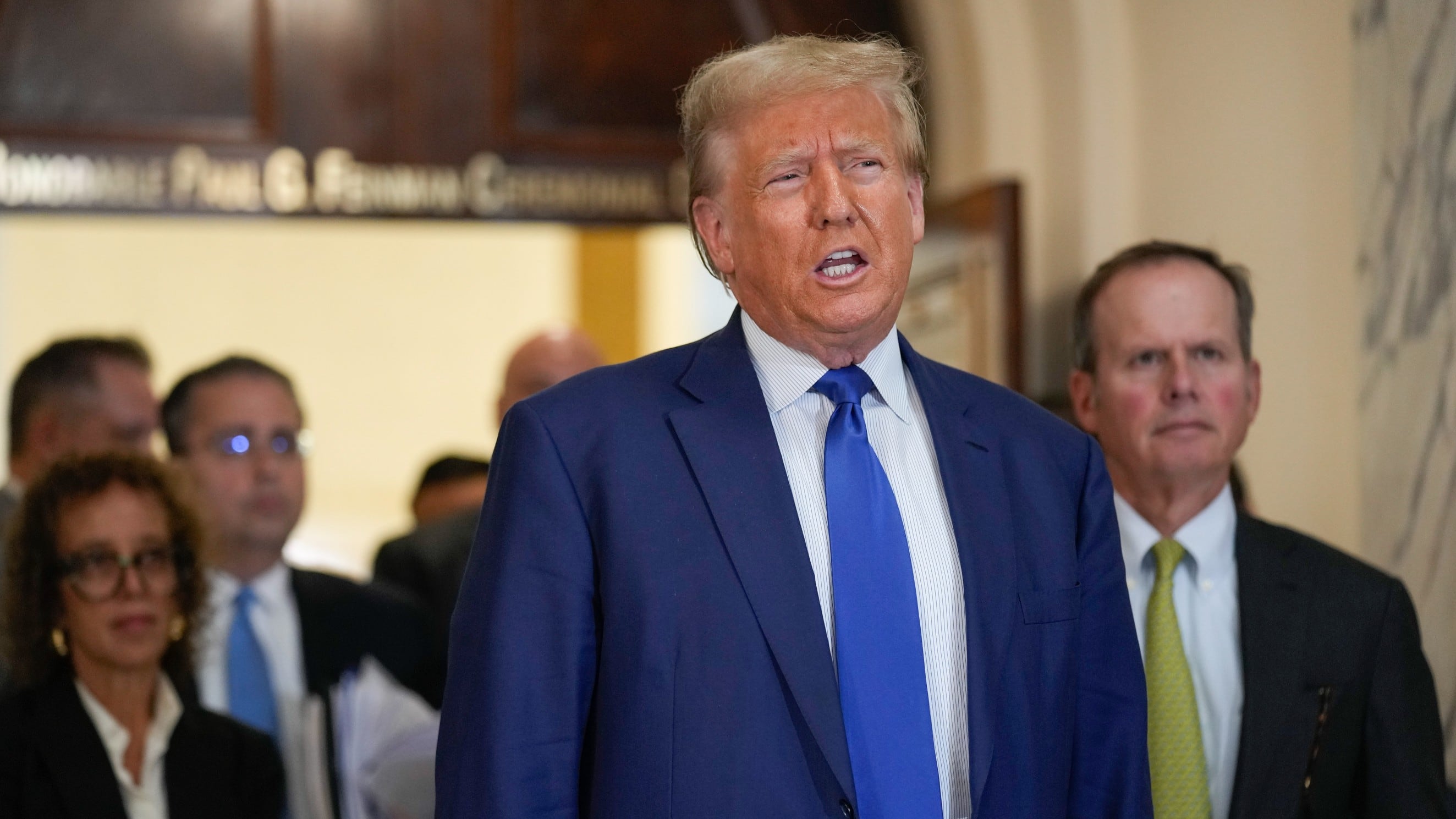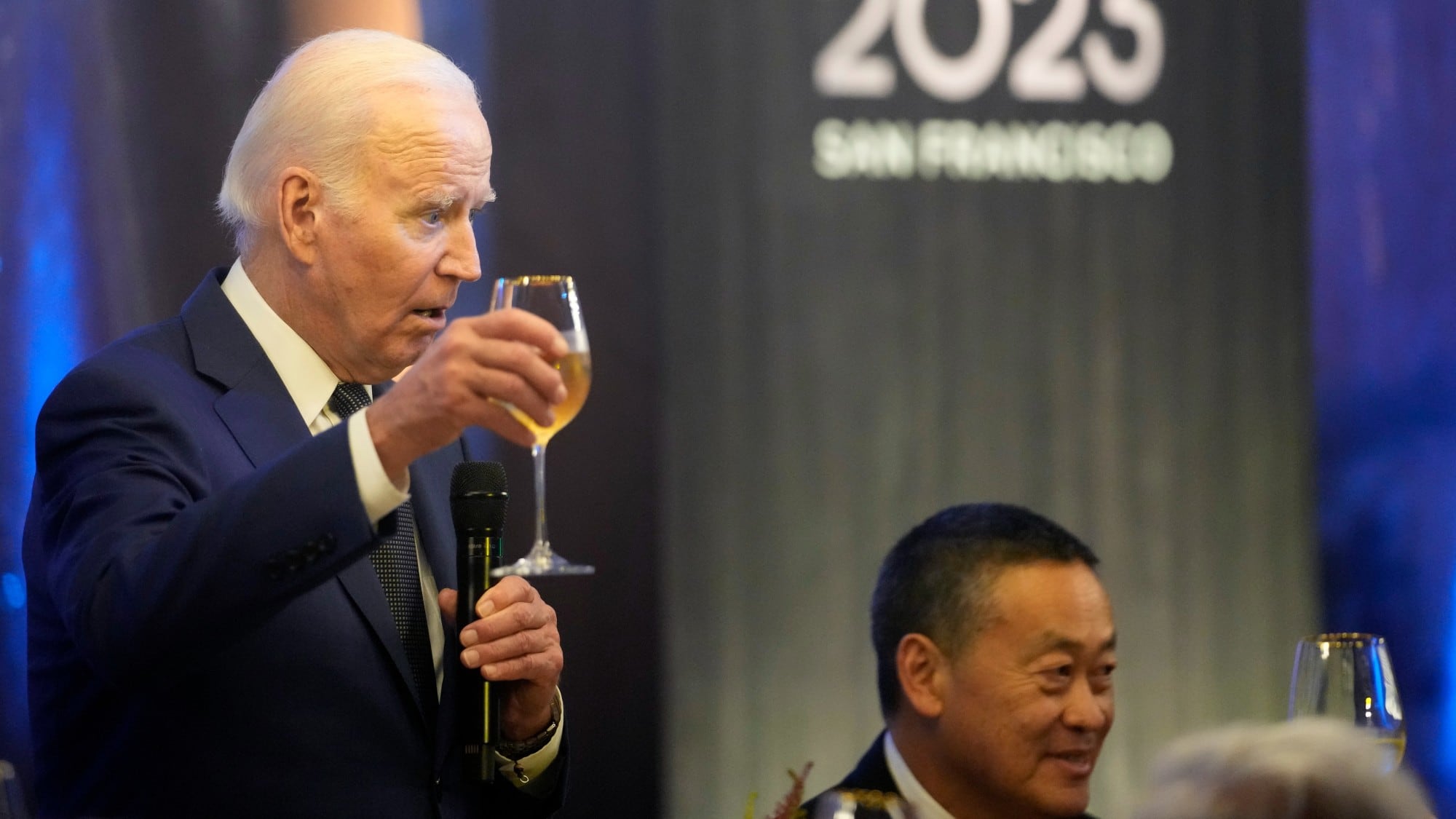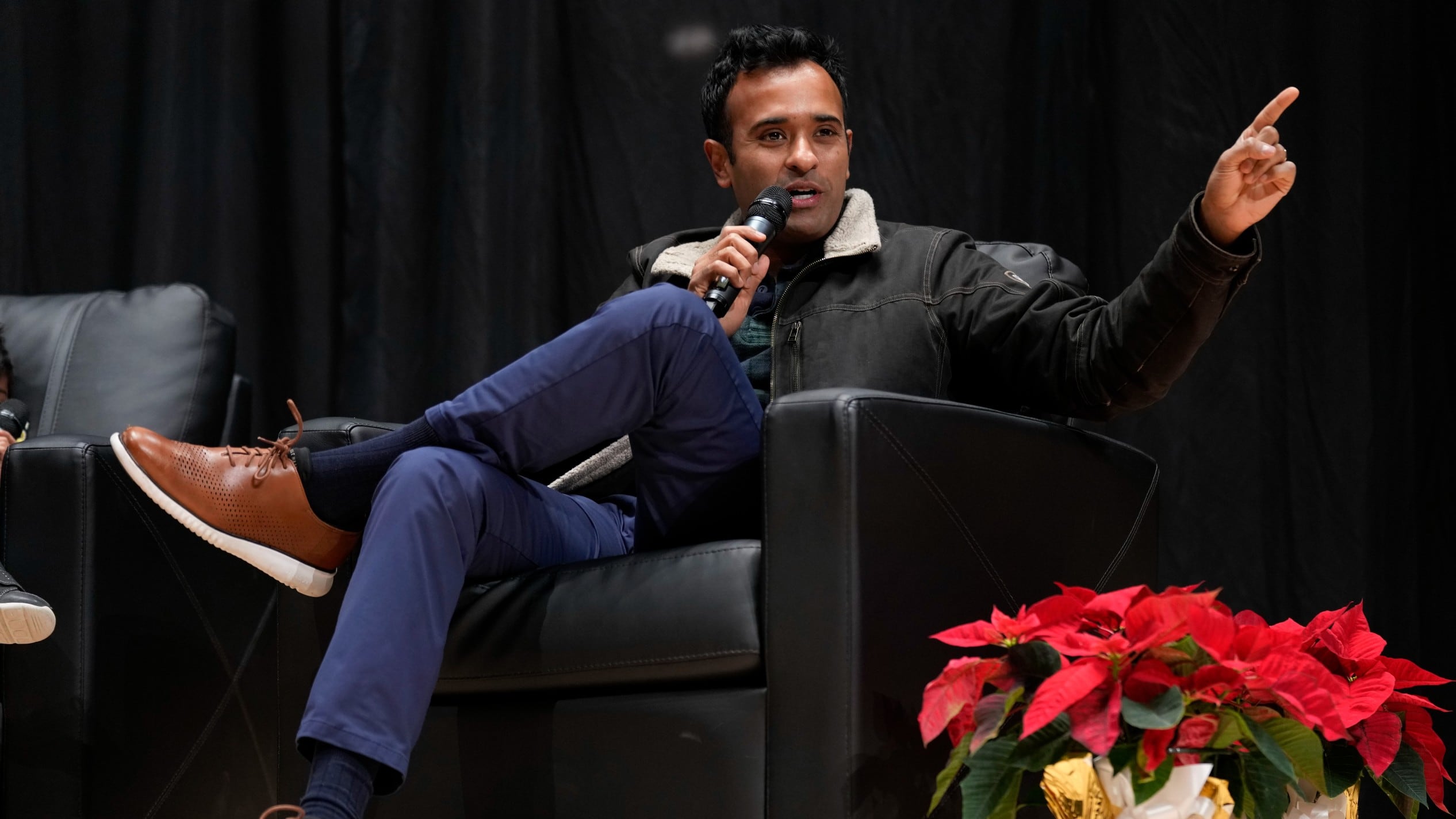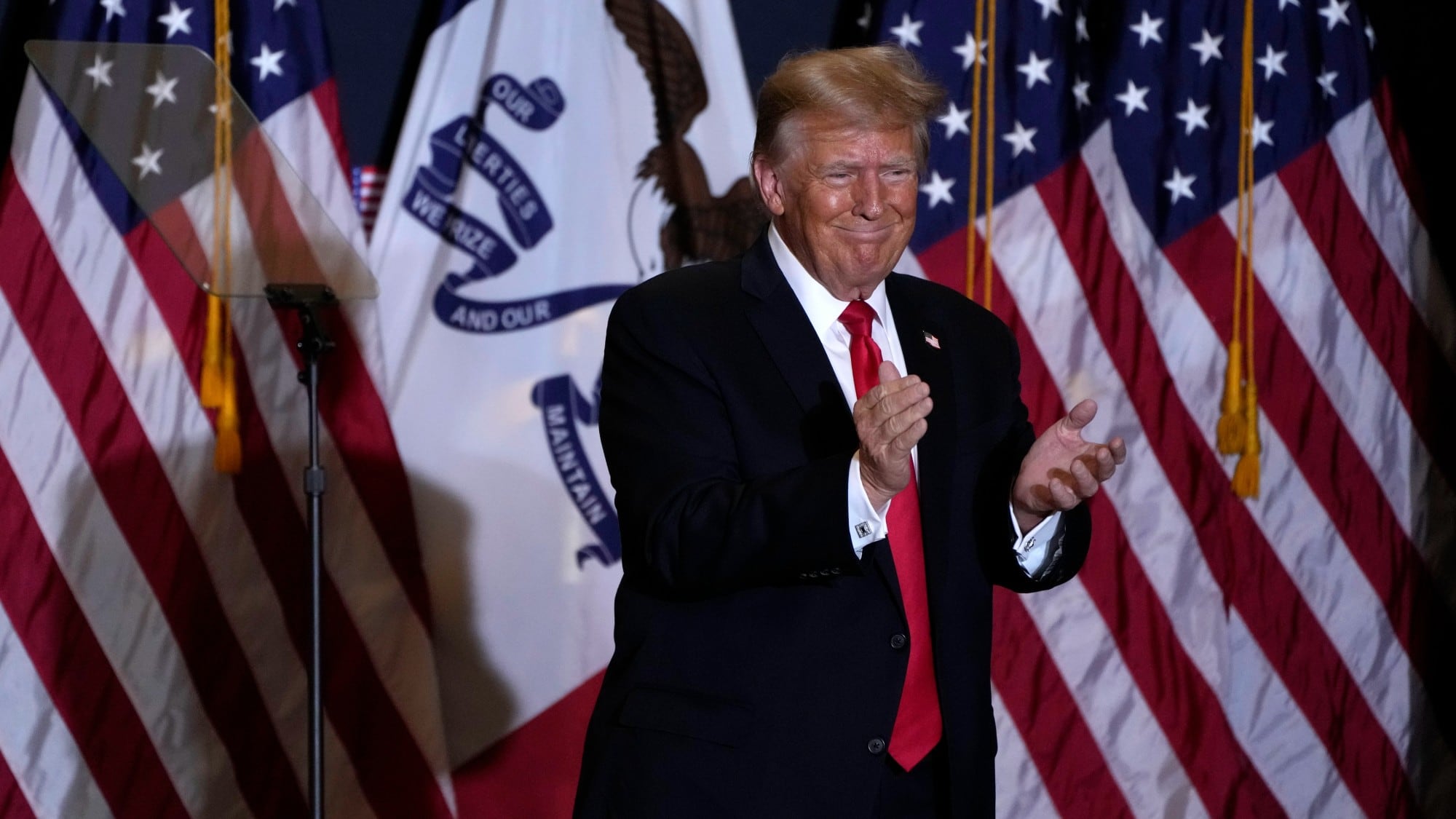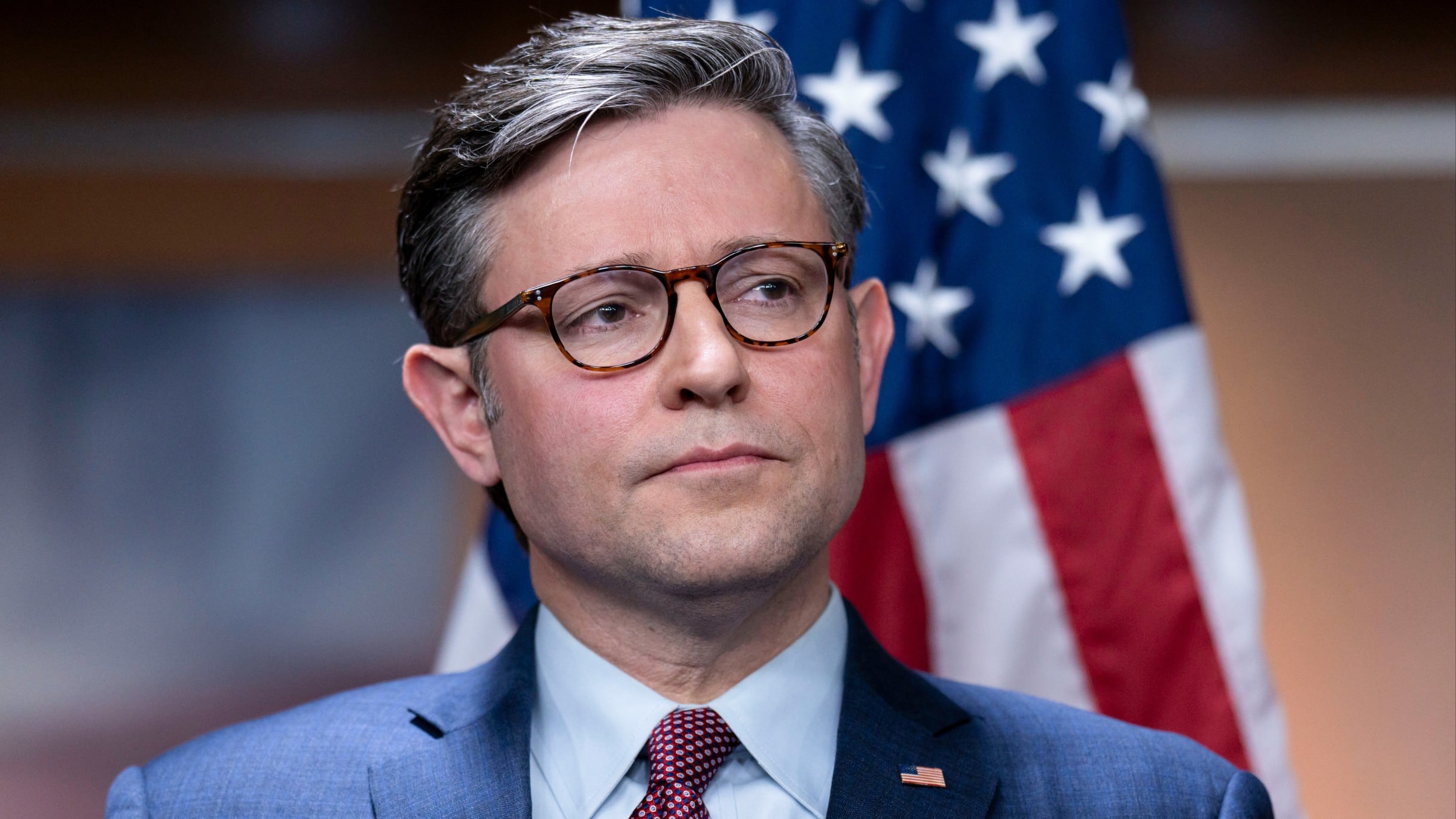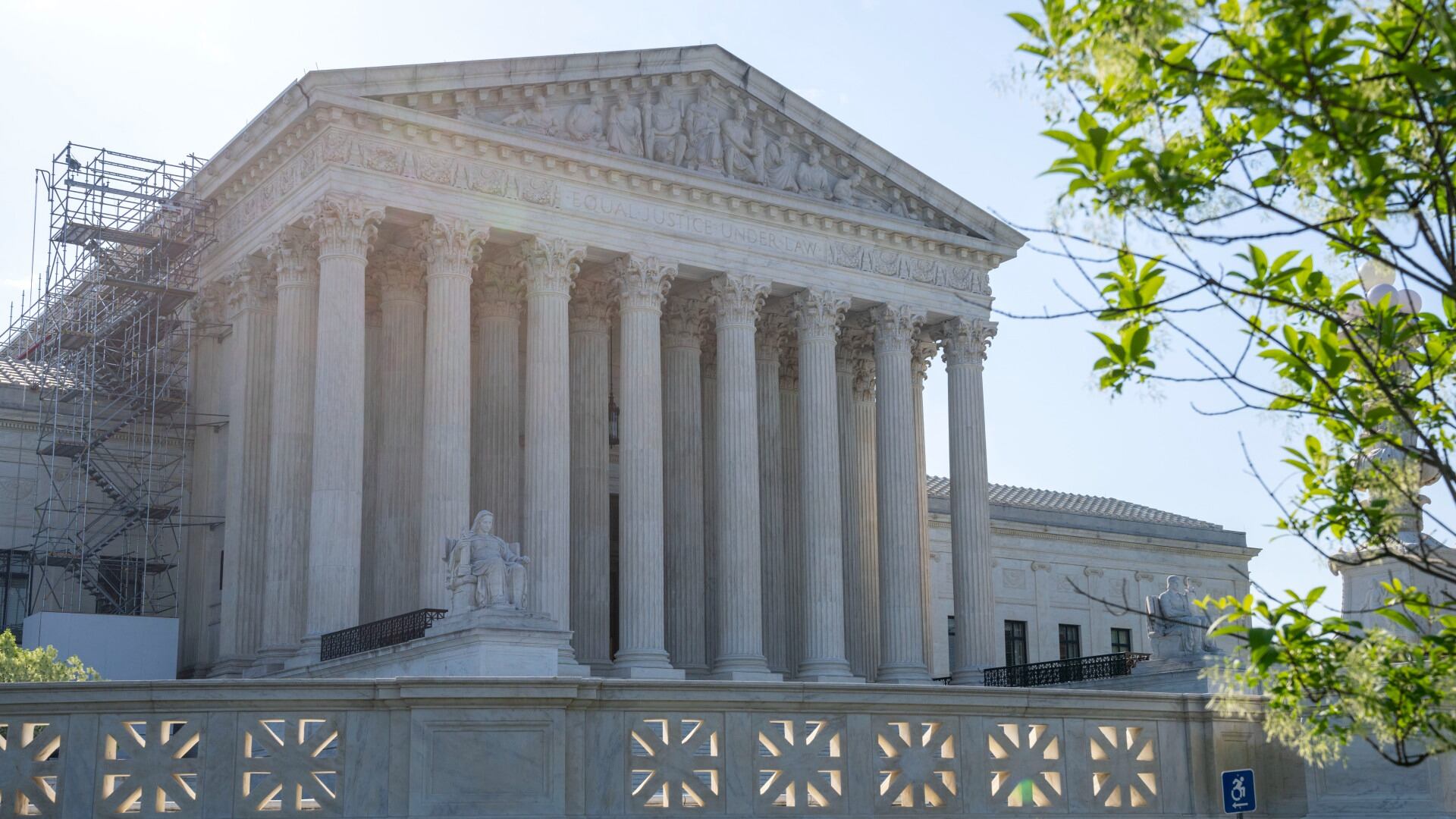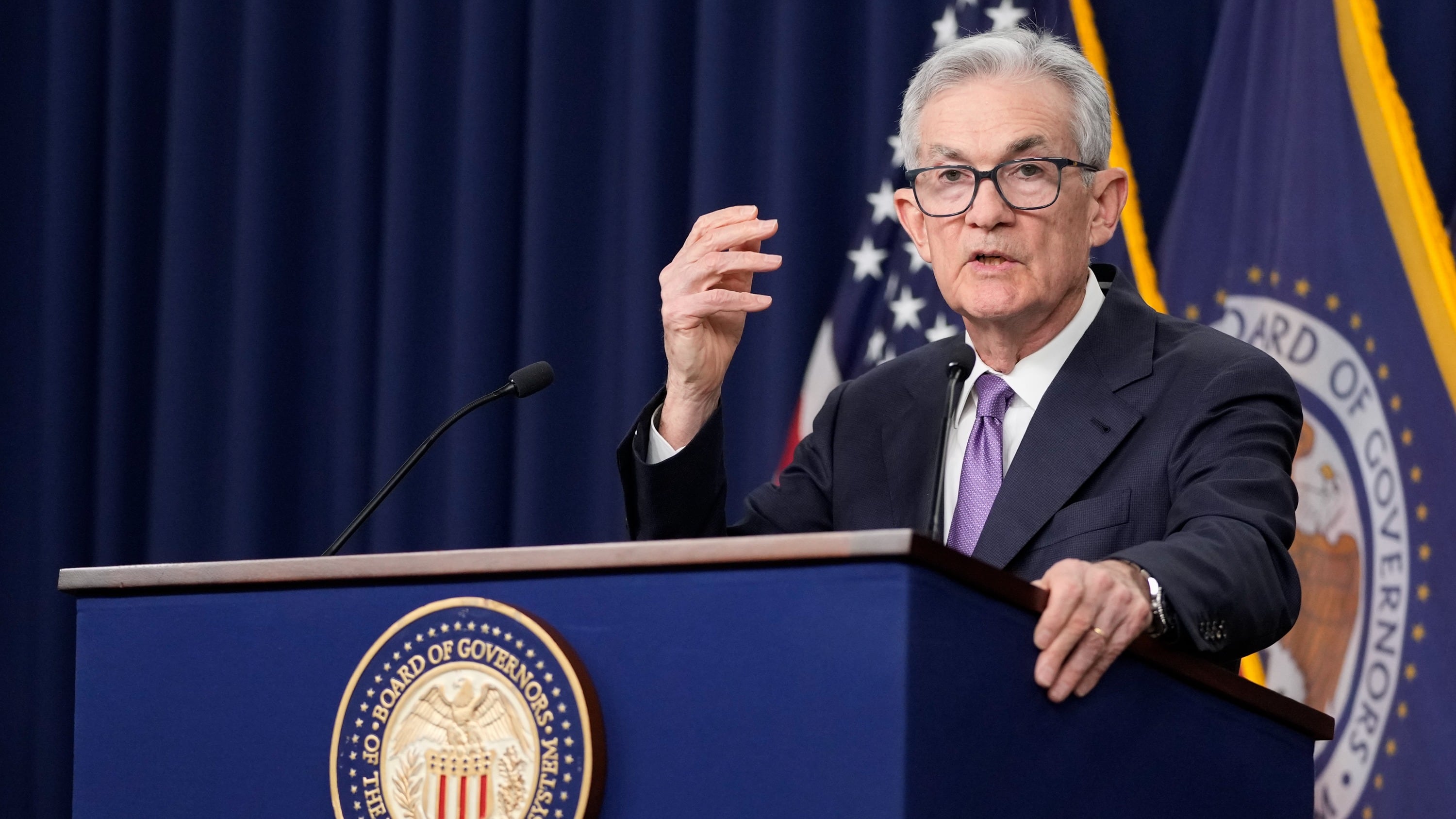*By Conor White* Republicans may be chomping at the bit to get another conservative justice on the Supreme Court and finally overturn the long-standing Roe v. Wade decision. But Mother Jones's Ben Dreyfuss told Cheddar that a repeal of abortion rights ruling could, maybe ironically, spell disaster for the GOP. "I think it's a massive risk both in the immediate term ー which is midterm elections ー but also a risk, which many people in the Republican party are aware of, in the long term," the senior editor said. "There's a big assemblage of evidence and thought that there's a lot of Republicans who don't actually want to overturn Roe, even if they are pro-life." Many Republicans hope that whoever replaces Justice Anthony Kennedy on the nation's top court will reverse the 1973 landmark decision. But according to a new Kaiser Family Foundation poll, just 29 percent of Americans want to see the ruling overturned. Even GOP Senator Susan Collins of Maine said over the weekend she wouldn't support an anti-abortion Supreme Court candidate. But because she also signaled she wouldn't specifically ask the nominee to offer his or her opinion on the matter, Dreyfuss said President Donald Trump's pick will be confirmed in short order. "She basically was saying as long as he or she doesn't come to the Senate and say, 'Just so you know I'm going to overturn Roe,' she'll support him," Dreyfuss explained, "which is very different than saying, 'I want to know how they feel about Roe, and if they don't answer, I will say no.'" Kennedy announced last week he'd retire from the bench at the end of July. President Trump is expected to announce his nominee, the second of his administration, on July 9th. For full interview, [click here](https://cheddar.com/videos/scotus-fight-heats-up).

